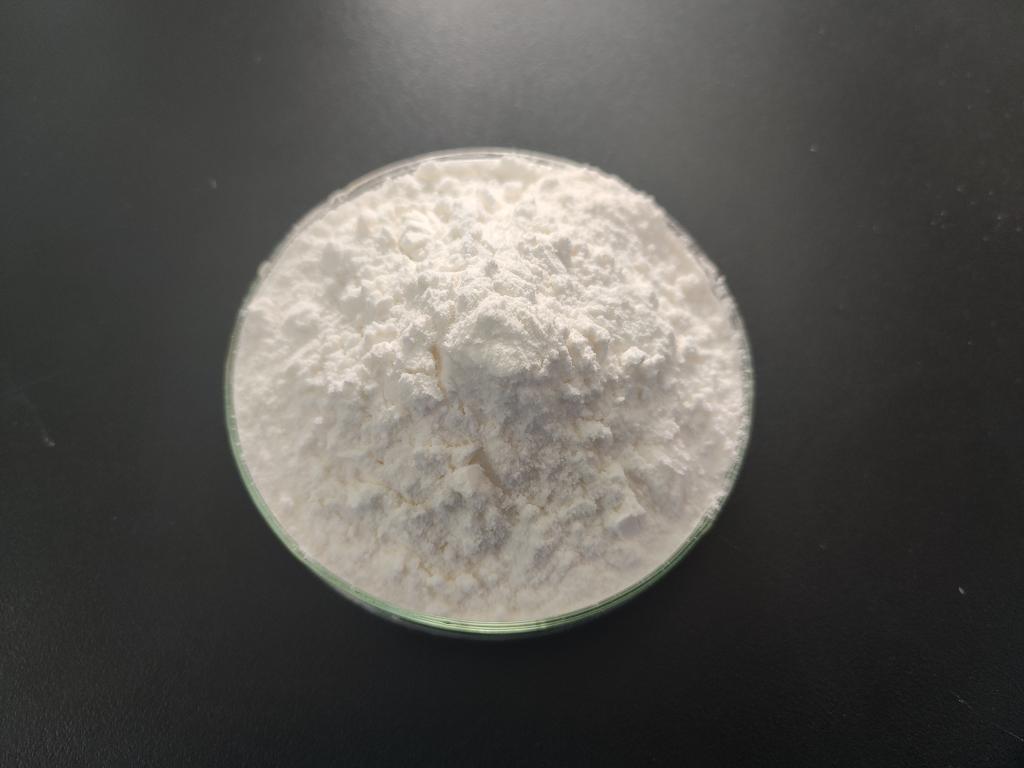Tel:+8618231198596

News
 CONTACT
CONTACT
 CONTACT
CONTACT
- Linkman:Linda Yao
- Tel: +8618231198596
- Email:linda.yao@dcpharma.cn
- Linkman:CHARLES.WANG
- Department:Overseas
- Tel: 0086 0311-85537378 0086 0311-85539701
News
Current Position:
Home >
News
>ε-Polylysine Hydrochloride: Advancing the Frontiers of Antimicrobial Therapy.
ε-Polylysine Hydrochloride: Advancing the Frontiers of Antimicrobial Therapy.
TIME:2024-06-20
Properties and Molecular Structure
ε-Polylysine hydrochloride exhibits several key properties that contribute to its antimicrobial efficacy and application versatility:
Polymer Structure: Consists of repeating lysine units linked via ε-amide bonds, forming a linear chain structure.
Water Solubility: Easily dissolves in water, facilitating its use in aqueous formulations and applications.
Antimicrobial Activity: Effective against a broad spectrum of Gram-positive and Gram-negative bacteria, as well as fungi and some viruses.
Heat Stability: Maintains antimicrobial activity even at elevated temperatures, suitable for food processing applications.
Mechanisms of Action
The antimicrobial activity of ε-polylysine hydrochloride is attributed to its interaction with microbial cell membranes:
Disruption of Cell Membranes: ε-Polylysine binds to negatively charged components on microbial cell membranes, disrupting membrane integrity and permeability.
Leakage of Cellular Contents: This disruption leads to leakage of cellular contents, including ions and metabolites, ultimately causing cell death.
Inhibition of Biofilm Formation: ε-Polylysine can also inhibit biofilm formation by interfering with bacterial adhesion and biofilm matrix production.
Applications in Antimicrobial Therapy
1. Medical and Pharmaceutical Uses
Topical Antimicrobial Agents: Incorporation into wound dressings, creams, and ointments for treating skin infections, burns, and wounds.
Oral Care Products: Formulation in mouthwashes, toothpaste, and dental materials to prevent dental caries and periodontal diseases.
Medical Device Coatings: Surface coatings for medical devices to prevent microbial colonization and reduce the risk of device-associated infections.
2. Food Preservation
Antimicrobial Preservative: Addition to food products to inhibit microbial growth, extending shelf life and ensuring food safety.
Meat and Poultry Processing: Used in processing meats to control pathogens such as Salmonella and Escherichia coli, reducing contamination risks.
Dairy Products: Application in cheese and yogurt production to prevent spoilage and enhance product stability during storage.
3. Biomedical Research
Research Tool: Used in microbiology and biomedical research as a selective antimicrobial agent for studying bacterial resistance mechanisms and biofilm dynamics.
Drug Delivery Systems: Incorporation into drug delivery systems for targeted and controlled release of therapeutic agents in medical treatments.
Regulatory Status and Safety Considerations
ε-Polylysine hydrochloride is generally recognized as safe (GRAS) for use in food and has been approved for various applications by regulatory agencies:
FDA Approval: Approved by the U.S. Food and Drug Administration (FDA) for use as a food preservative and in specified medical and pharmaceutical applications.
Safety Assessments: Extensive toxicological studies confirm its safety profile when used within recommended limits in food and medical products.
Maximum Residue Limits: Established to ensure that residues in food products remain within safe levels for human consumption.
Future Directions and Innovations
Future research and development of ε-polylysine hydrochloride are focused on expanding its applications and enhancing its efficacy:
Nanoencapsulation: Development of nano-sized delivery systems to improve stability, bioavailability, and targeted delivery of ε-polylysine hydrochloride in medical and food applications.
Combination Therapies: Exploration of synergistic effects with other antimicrobial agents or therapeutic compounds to broaden antimicrobial spectrum and combat resistance.
Sustainable Production: Investigation into sustainable production methods and optimization of fermentation processes to increase yield and reduce environmental impact.
Clinical Trials: Further evaluation in clinical settings for specific medical indications, assessing efficacy, safety, and optimal dosage regimens in human subjects.
Conclusion
ε-Polylysine hydrochloride represents a significant advancement in antimicrobial therapy and food preservation, leveraging its potent antimicrobial properties and versatile applications across medical, pharmaceutical, and food industries. With a well-established safety profile and regulatory approval, ε-polylysine hydrochloride is poised to address challenges posed by microbial resistance, foodborne pathogens, and infectious diseases. Ongoing research and technological innovations continue to drive its development, paving the way for enhanced antimicrobial strategies and improved public health outcomes globally. As scientific understanding and application capabilities expand, ε-polylysine hydrochloride holds promise for shaping future approaches to antimicrobial therapy and sustainable food production practices.
- Tel:+8618231198596
- Whatsapp:18231198596
- Chat With Skype







